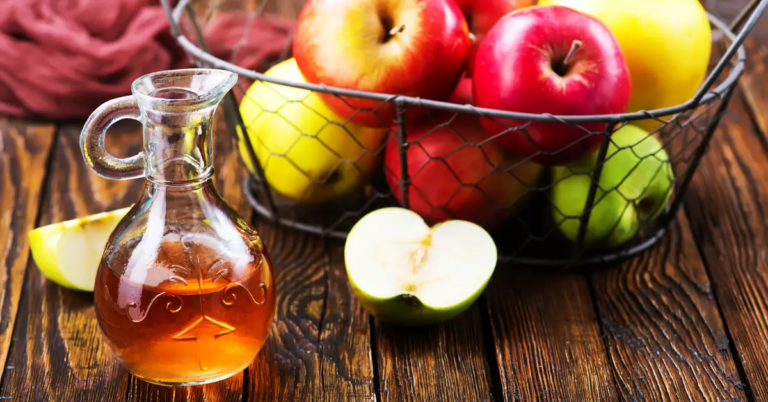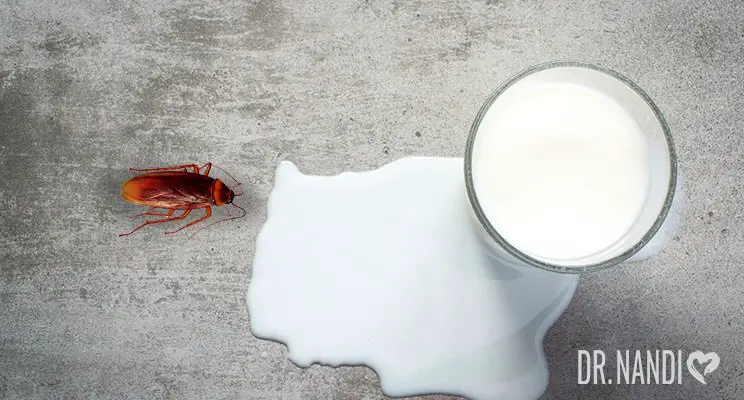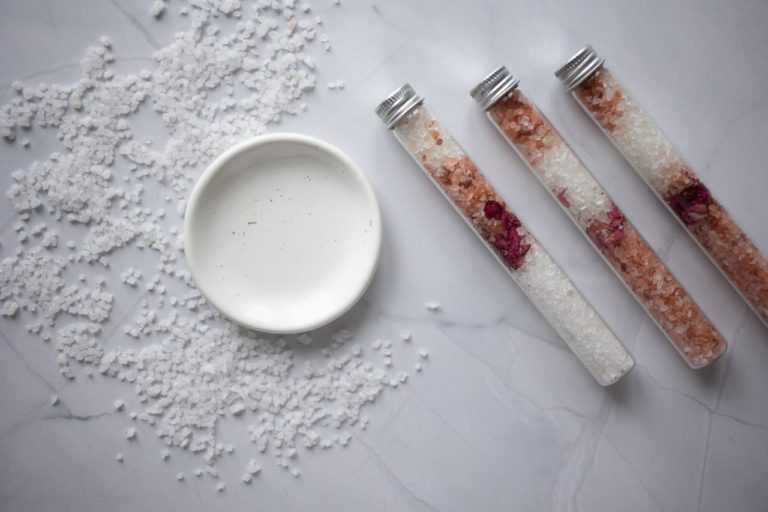Promotes Urinary Tract Health
Cranberries contain proanthocyanidins known to help stop bacteria from binding themselves to the bladder walls. E. Coli causes roughly 80% of urine infections. Therefore cranberries make it hard for the bacteria to take hold. If the E. Coli cannot bind to the bladder wall, the bacteria cannot multiply further in the bladder and flushes out of the body. Cranberries can make the urine more acidic, creating an unsuitable environment for bacteria to thrive.
May Help Fight Against Cancer
The proanthocyanidins in cranberry juice have been shown to inhibit the growth of various cancer cells. Research has found that the flavonoids contained in cranberries reduce the risk of cancer. A recent study at Cornell University found that cranberry extract could kill off cancer cells within hours when tested on human breast cancer cells.
Supports Teeth Health
Cranberries have proanthocyanidins (PACs) which inhibit bacteria growth. Researchers have found that they help prevent urinary tract infections, but they can also do the same for teeth and help prevent the decay of teeth due to cavities. Studies have found that cranberry juice has the same impact but ensures the sugar content.
Heart-Healthy
OPCs, anthocyanidin flavonoids, quercetin, and cyanidin are antioxidants found in cranberries. They may help prevent heart disease by preventing cholesterol plaques forming in the heart and blood vessels. Research has found that these compounds can help the human body lower LDL cholesterol levels and increase HDL-good cholesterol levels in the blood.
High in Essential Nutrients and Great for Nursing
Cranberries are an excellent source of vitamins like vitamin C and vitamin A. Plus, cranberries contain minerals such as potassium and manganese plus Beta-carotene, lutein, and zeaxanthin. An excellent way to get added folate needed by pregnant women is to eat cranberries.











 Subscribe to Ask Dr. Nandi YouTube Channel
Subscribe to Ask Dr. Nandi YouTube Channel









